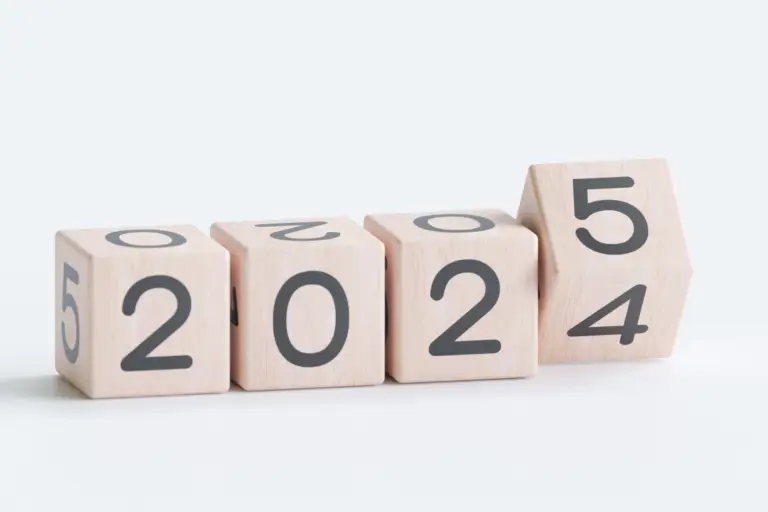Formerly Mayor of London Boris Johnson’s Senior Adviser for Business and Science, Joe Mitton is a senior consultant at PLMR. As a diplomat, Joe participated in negotiations at the 2009 G20 Summit and was the Australian Government’s Liaison Officer for US Secretary of State Condoleezza Rice’s participation in the 2007 APEC Summit in Sydney. In this blog he looks at some of the initial political ramifications of the Trump presidency for the United Kingdom.
The Blair-Bush Bromance looms large
Tony Blair’s steadfast support for the UK-US Alliance during the Iraq War has cost his reputation significantly (unfairly, in the view of many centrist observers). Theresa May will have this in mind when dealing with Donald Trump – she will want to preserve the UK’s most important diplomatic and military relationship while distancing herself from Trump’s more xenophobic and inflammatory rhetoric. Expect the Prime Minister to observe diplomatic niceties but seek to protect her own reputation. She has already issued a statement saying she is “looking forward to working with” the new President, using positive but not effusive language.
Trump will visit the UK in the first half of 2017
It would be highly unusual if the new President does not choose to visit Britain in his first year in office. The UK Government would not block the visit, but we can expect some MPs to be vocal in their opposition, and public protests against the visit will be widespread. This may even provide a fillip for Labour’s leader, who has a long history of criticising the United States (though whether that translates into more permanent support is uncertain).
Russia will take advantage
Trump has seriously questioned NATO and has expressed admiration for President Putin. Given Putin’s rhetoric, his interventions in Syria and his domestically popular invasion of Crimea and the Eastern Ukraine, it is almost certain that Russia will test the Western Alliance in Eastern Europe in some way. At the mild end of the spectrum, this could be through escalated propaganda and cyber-attacks. More serious would be a partial invasion of Russian-speaking regions in NATO’s Baltic States. If the US turns its cheek – which seems possible but not likely – it presents the three significant European military powers (Britain, France and Italy) with a very difficult choice. Without US backing, it is hard to imagine a European military response to Russian aggression.
The free trade agenda just took a step backwards
In a direct sense, the US withdrawal from the global free trade agenda should not prohibit the UK from pursuing ambitious trade deals with Europe and other partners. But elected officials around the world will be looking at the lessons from the Trump win – and one of the most striking lessons is that there is great political capital (votes, to be frank) to be had in criticising free trade. Even if UK politicians can resist this erroneous line, it is not clear that our negotiating partners will do the same.
Free trade deals are seldom popular outside of corporate boardrooms and university economics departments, and Trump has made clear that the US will no longer push this agenda (indeed it may repudiate existing FTAs). With the withdrawal of US leadership at the WTO, new comprehensive trade deals in the rest of the world are still possible, but they just became a lot more difficult politically. Political leaders, including May but especially our trade partners in Europe and the Commonwealth, are now more likely to baulk at the tough compromises that comprehensive FTAs entail.
This does not bode well for Britain’s post-Brexit prosperity. Getting the right deal through the UK’s Brexit negotiations with the EU Member States will be even more important. But if the US does step back from military interventions abroad, the UK’s military alliances with countries like France become even more important. If faced with a choice between securing free trade with France and preserving our military and diplomatic Entente Cordiale, the government may well prioritise security over trade.
An early UK General Election now looks less likely
Despite a very slim Conservative majority in the Commons, an early UK election was already unlikely (as we observed last week). While British and American politics are undoubtedly different, the Trump win does seem to represent a broader shift towards protest voting in the post-Industrial West. Politics has long been an emotional rather than a rational sport – and the Trump campaign has once again proven that emotional arguments are more persuasive to voters than facts are. Ms May’s Government will not want to risk a similar UKIP or Corbynist protest vote chipping away at marginal Tory seats in an early election.
But on the bright side…
The US has a robust Constitution with checks and balances to ameliorate some bad decisions. The Western political order continued through eight years of George W. Bush – whose administration did not shy away from interventionism and new policies that were radical at the time.
The wider, longer-term effects of the Trump phenomenon on the British political landscape remain to be seen. But in the short-term, UK political figures on the left and right, and in the centre, will be trawling the records of the Trump campaign for lessons. All the while, expansionist non-democratic regimes will be considering their next moves.




